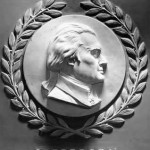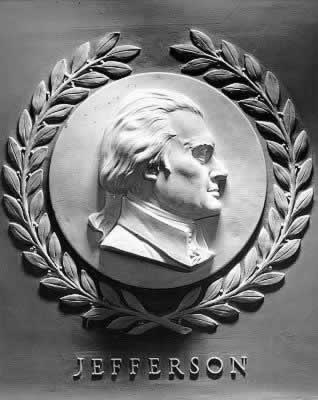It is surely time for men to think for themselves, and to throw off the authority of names [such as Plato] so artificially magnified.
 From Thomas Jefferson’s letter to William Short of August 4, 1820, here is a useful reminder of the errors of the philosopher with whom Epicurus so often disagreed:
From Thomas Jefferson’s letter to William Short of August 4, 1820, here is a useful reminder of the errors of the philosopher with whom Epicurus so often disagreed:
[T]he superlative wisdom of Socrates is testified by all antiquity, and placed on ground not to be questioned. When, therefore, Plato puts into his mouth such paralogisms, such quibbles on words, and sophisms, as a school boy would be ashamed of, we conclude they were the whimsies of Plato’s own foggy brain, and acquit Socrates of puerilities so unlike his character. (Speaking of Plato, I will add, that no writer, antient or modern, has bewildered the world with more ignes fatui, than this renowned philosopher, in Ethics, in Politics and Physics. In the latter, to specify a single example, compare his views of the animal economy, in his Timaeus, with those of Mrs. Bryan in her Conversations on Chemistry, and weigh the science of the canonised philosopher against the good sense of the unassuming lady. But Plato’s visions have furnished a basis for endless systems of mystical theology, and he is therefore all but adopted as a Christian saint. It is surely time for men to think for themselves, and to throw off the authority of names so artificially magnified…..)

